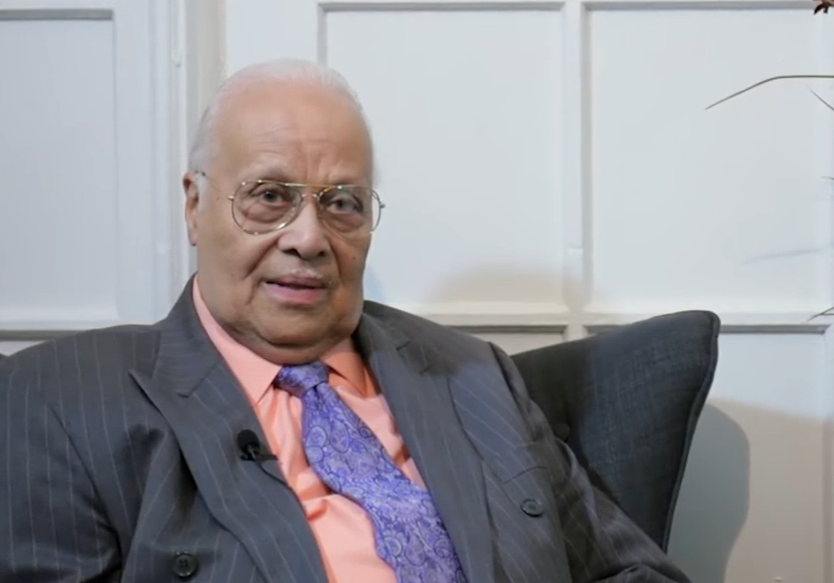Rev. C. Herbert Oliver, civil rights activist, dies at 96
Known for role in 1968 Teachers’ Strike

The Rev. C. Herbert Oliver, a civil rights activist who documented police brutality against African Americans in Alabama in the early 1960s and later fought for public school reform in New York City, has died. He was 96.
Oliver died Nov. 30 after struggling with several health problems, his daughter, Patrice Oliver, said at his funeral in Brooklyn on Wednesday, according to an online video of the service. Oliver’s relatives could not be reached Saturday.
Oliver was born in Birmingham, Alabama, on Feb. 28, 1925.

Brooklyn Boro
View MoreNew York City’s most populous borough, Brooklyn, is home to nearly 2.6 million residents. If Brooklyn were an independent city it would be the fourth largest city in the United States. While Brooklyn has become the epitome of ‘cool and hip’ in recent years, for those that were born here, raised families here and improved communities over the years, Brooklyn has never been ‘uncool’.